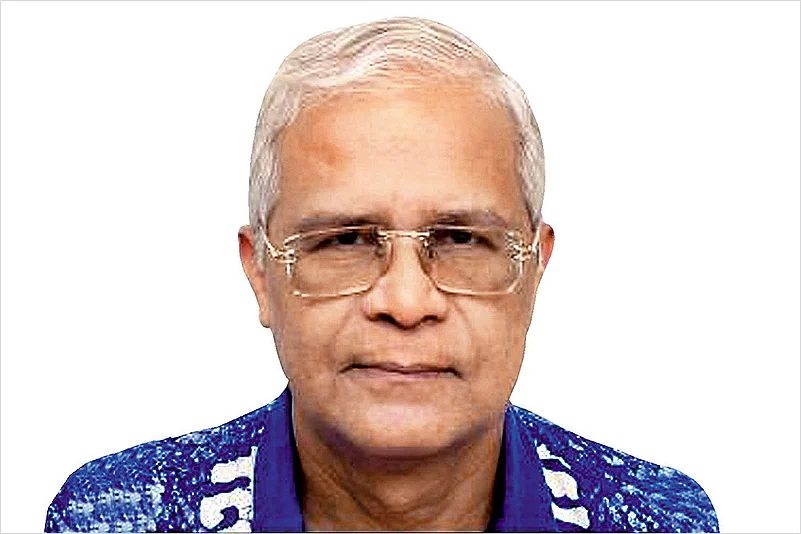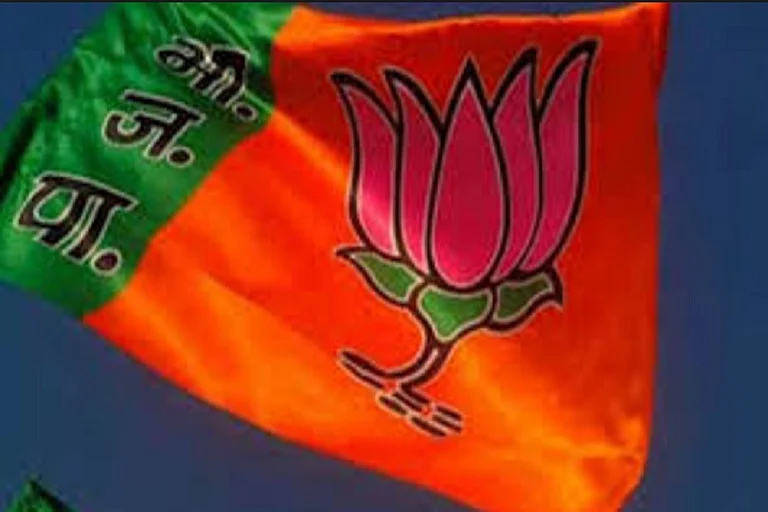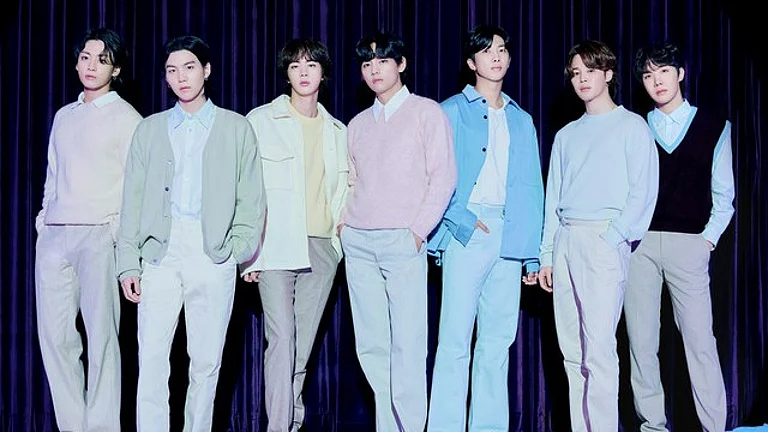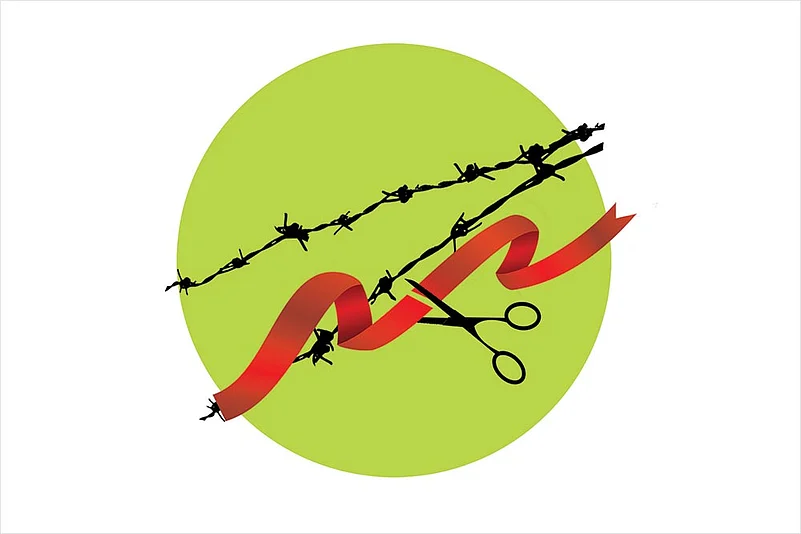I have been to Pakistan at least a dozen times since 1985, but this was the first time I travelled by road—from Amritsar to Lahore across the Wagah border. As I sit in the Delhi-Amritsar flight, memories of earlier visits come flashing: the 45-minute telephone interview in 1984 with then President, General Zia-ul Haq, days after Operation Blue Star; my travels with my wife and son the following year to Karachi, Mohenjodaro, Lahore, Multan, Taxila and Peshawar; covering General Zia’s funeral in 1988; meeting Benazir Bhutto at the Lahore airport in the middle of electioneering that year with her baby son Bilawal in her lap, my brief conversation with her moments after she was sworn in as prime minister later that year (“Tell Mr Gandhi: I want peace with India”); my two interviews with Imran Khan in Delhi and Lahore; covering Rajiv Gandhi’s two visits there during Benazir’s time in office; introducing Noorjehan to P.V. Narasimha Rao in 1988 at then Indian high commissioner S.K. Singh’s reception for Rajiv Gandhi….
On entering Attari from Wagah, the Pakistani customs official checks my bag, “Are you carrying any bottles (of alcohol)?” That evening, Punjab governor Sardar Usman Buzdar hosts a dinner for our 20-member team of journalists at the famous Lahore Fort built by Akbar in 1566.
The fort is illuminated, as if to recreate the splendour it would have witnessed during the reigns of Akbar, Shah Jahan, and Ranjit Singh. Classical singer Hamid Ali Khan’s songs mesmerise us and a couple of hundred other dignitaries at the lavish dinner, including India’s cricketer-politician Navjot Singh Sidhu. The bonhomie between Indians and Pakistanis in such informal settings is charming.
Next morning, we drive to Kartarpur Sahib, accompanied by a convoy of armed guards. Prime Minister Imran Khan arrives soon after, accompanied by his foreign minister Shah Mohammed Qureshi, army chief General Qamar Bajwa, Indian ministers Harsimrat Kaur Badal, Hardeep Singh Puri and Sidhu.
Imran tells the several thousand Sikhs from Pakistan and India seated under a sprawling shamiana that the corridor will be ready in time for Guru Nanak’s 550th birth anniversary next year. He hopes it will bring the forever-warring Indians and Pakistanis closer, and pave the way for friendship. “War is not an option between two nuclear- armed neighbours. Dialogue is the only way forward,” he says.
We go back to Lahore and fly to Islamabad on a chartered Pakistan International Airlines plane with several dozen foreign diplomats who have come to Kartarpur to witness the event. It’s well past midnight when we arrive for a dinner foreign minister Qureshi is hosting for us. He gallantly faces our grilling even as we eat our dinner. “We are ready to talk to India whenever they are ready,” he declares.























